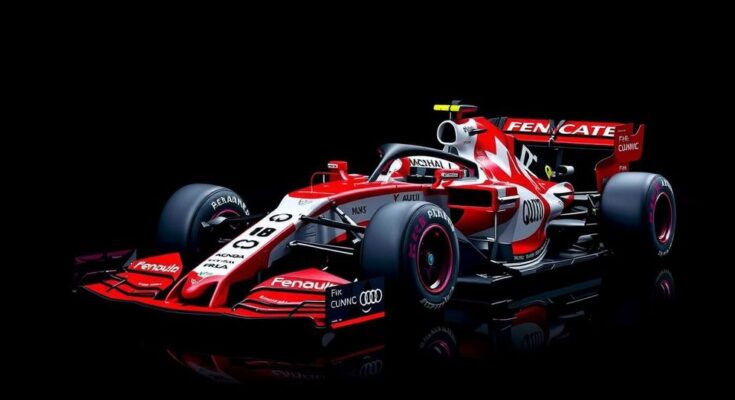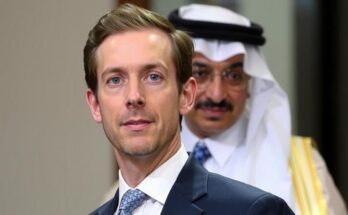Qatar has invested $350 million for a 30% stake in Audi’s F1 program amid VW’s significant profit decline. This move highlights Qatar’s strategy to diversify beyond fossil fuels while supporting Audi’s need for financial stability during turbulent times in the automotive industry. As F1 transitions to a focus on sustainable fuels, this partnership symbolizes the balance between traditional and emerging vehicle technologies.
Qatar’s recent investment in Audi’s Formula 1 team is a strategic move amidst the ongoing tumult in the automotive industry. The Qatari Investment Authority (QIA) has upped its stake in Audi’s parent company, Volkswagen Group, to address both its internal diversifying goals and Audi’s need for financial support. Despite VW reporting a significant profit drop, this $350 million investment for a 30% stake enables Audi to stabilize its F1 commitments while navigating challenges related to factory closures and layoffs.
Audi’s initial ambitions in F1 have been curtailed, revealing internal struggles following leadership changes and performance issues. The firm’s blend of focus on traditional monumental investments in F1 with a parallel push toward sustainable fuels depicts a complicated balancing act. Eminently, this investment complements Qatar’s financial strategies of transitioning into sectors beyond fossil fuels, highlighting an evolving automotive landscape where internal combustion engines remain integral until viable electric alternatives are fully operational.
In a period marked by industry uncertainty, the ongoing hesitancy of consumers toward electric vehicles underscores the need for an adaptable approach. While governments push for electrification, the internal combustion engine’s survival remains a necessity. This collaboration between Qatar and Audi strengthens both parties as they navigate these challenges together, seeking investment in new sustainable technologies while retaining a foothold in traditional markets. This partnership could hold key implications for the future of F1 and the automotive industry at large.
The Qatari Investment Authority is increasingly diversifying away from fossil fuels, while also making significant investments in various sectors including motorsport. Audi, which initially aimed for a complete buyout of Sauber, has faced numerous challenges leading to alterations in its ambitious plans. Audi’s current financial predicament underlines the volatile state of the automotive industry, which has opted for significant restructuring and changes in strategy to cope with declining sales, particularly in key markets like China and Europe. Meanwhile, Formula 1 continues to evolve with a commitment to sustainable fuels, seeking to adapt to the future of racing amid increasing government regulations favoring electrification. The dynamics of the internal combustion engine versus electric alternatives continue to shape both the automotive and motorsport landscapes.
In conclusion, Qatar’s investment in Audi’s F1 team signals a strategic approach to diversifying its assets while offering critical financial support to an automotive giant confronting severe market challenges. This partnership is indicative of a wider trend where traditional automotive elements interact with emerging sustainable technologies. As the F1 landscape adapts, the collaboration provides Audi with financial stability and Qatar with a foothold in the sporting arena, creating potential avenues for profit in an evolving industry. The complexities of maintaining the internal combustion engine alongside electric advancements will remain pivotal for stakeholders in both sectors to ensure continued relevance and profitability.
Original Source: www.autosport.com




